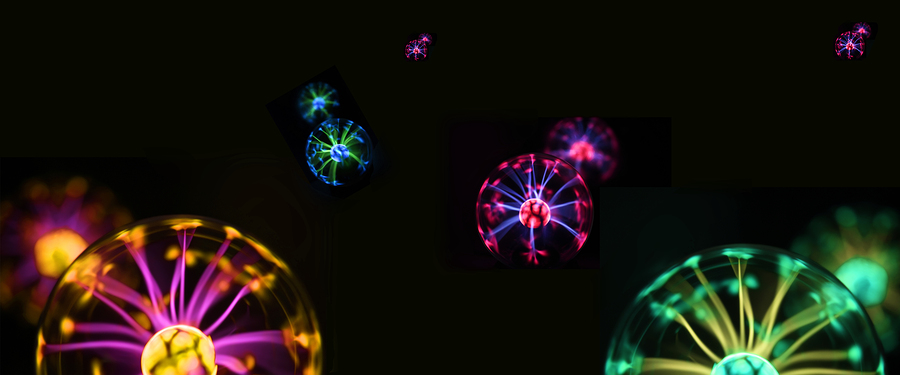
A new treatment shows benefits over electroconvulsive therapy.
Neuromodulation is currently an area of great interest in the field of mental health treatment. One example of a neuromodulation technique is transcranial direct current stimulation (tDCS). Like electroconvulsive therapy (ECT), this method involves application of current to the scalp, but tDCS is quite different from ECT. In tDCS, patients are awake, there are few side effects, a very low level of current is supplied to the scalp, and no seizures follow the application of the currents. In most studies, the targeted site has been the dorsolateral prefrontal cortex (DLPFC). This region is part of the dorsal cognitive frontostriatal circuitry and is the major neural structure involved in executive functions, including self-regulatory control. It is also implicated in reward processing.
tDCS affects behavior in many different domains when applied precisely to the correct area of the scalp. In fact, previous evidence has shown some changes in eating behavior after even a single session of tDCS (Biol Psychiatry. 2010. 67:793). To further evaluate the potential of tDCS in eating disorder treatment, Dr. Maria Kekic and colleagues at Kings College, London recently conducted a study of tDCS in 39 patients (37 females and 2 males) with bulimia nervosa (PLoS One. 2017. 12: e0167606).
In this study, the subjects received either tDCS or sham application of tDCS in a double-blind fashion for 3 sessions. The results showed when a particular scalp electrode configuration was used (with the anode on the right and the cathode on the left), eating disorder cognitions were diminished, and mood was improved.
It seems likely that tDCS could ultimately be used as an eating disorder treatment that augments other treatments, rather than as a single modality. The authors are correct that this work is encouraging, and further study of tDCS is definitely needed.
